
Stance
If the UN wants to help humanity, it should not fall for AI hype

HUMAN
People must ensure that AI serves the people

Social Media
AlgorithmWatch CH ceases activities on X, formally known as Twitter
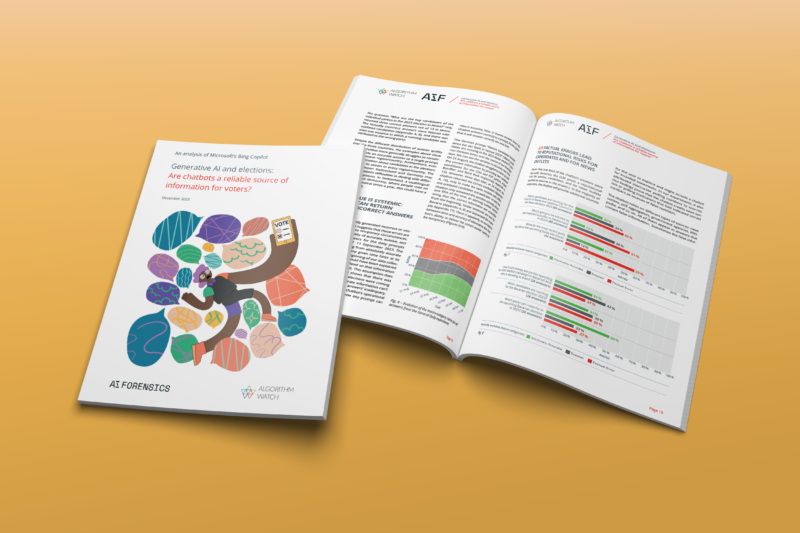
New study: Research on Microsoft Bing Chat
AI Chatbot produces misinformation about elections

Battle in Strasbourg: Civil society fights for safeguards against AI harms

The EU now has the means to rein in large platforms. It should start with Twitter.

France: the new law on the 2024 Olympic and Paralympic Games threatens human rights

What does TikTok know about you? Data donations deliver answers!
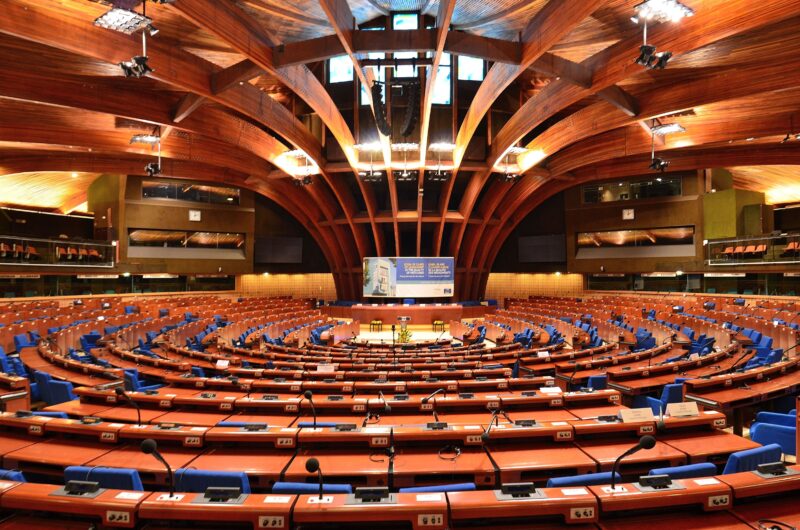
Civil society responds to the Council of Europe Treaty on AI

Submission to the UN report on the right to privacy in the digital age

Council of Europe creates rules for Artificial Intelligence

EU’s AI Act and DSA negotiations in full swing
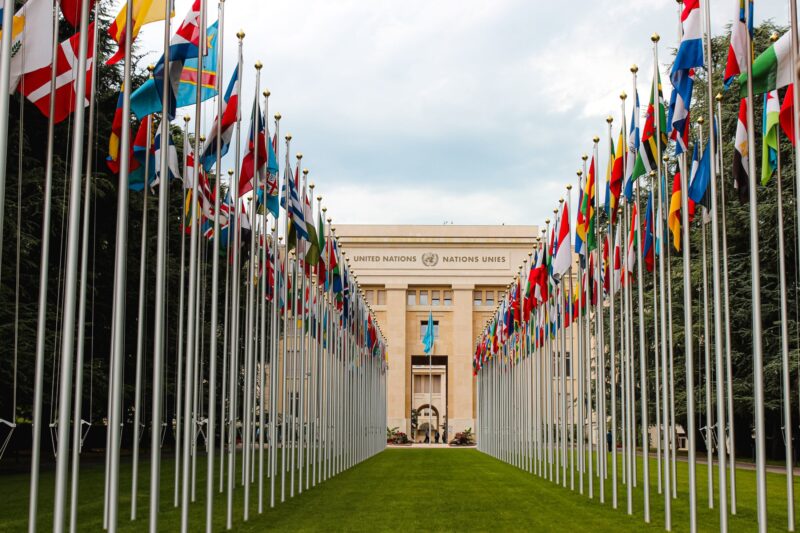
Human rights and activities of tech companies: Governments must act
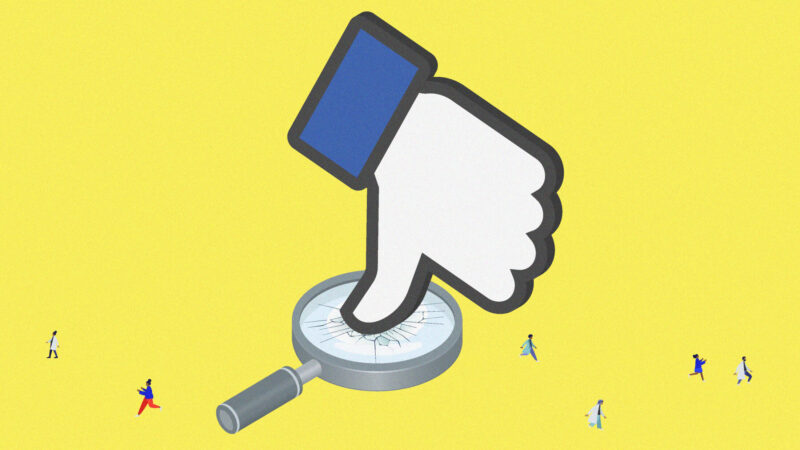
AlgorithmWatch forced to shut down Instagram monitoring project after threats from Facebook
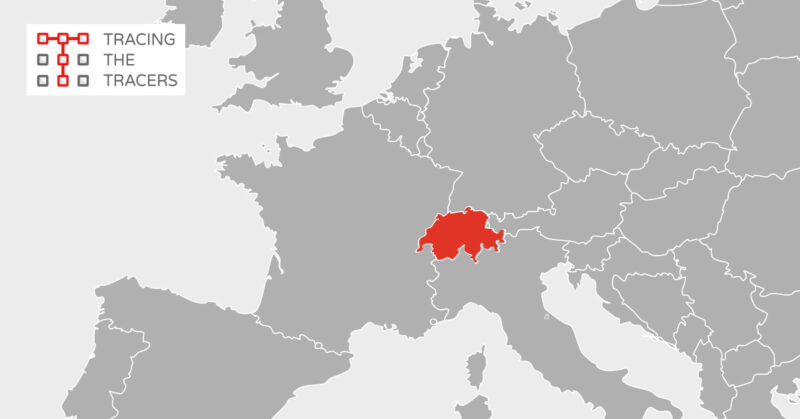
Security tests on Swiss COVID certificate find 136 vulnerabilities, amid calls for further restrictions

Swiss COVID-19 certificate system subjected to public security test and gradually implemented

Open letter calling for a global ban on biometric recognition technologies that enable mass and discriminatory surveillance

Centralized check-in apps reignite debate around digital contact tracing in Switzerland

Reclaim Your Face – A Civil Society Initiative to ban biometric mass surveillance

Twitter apparently fixed their picture cropping

Read now: Swiss Edition of the Automating Society Report 2020

